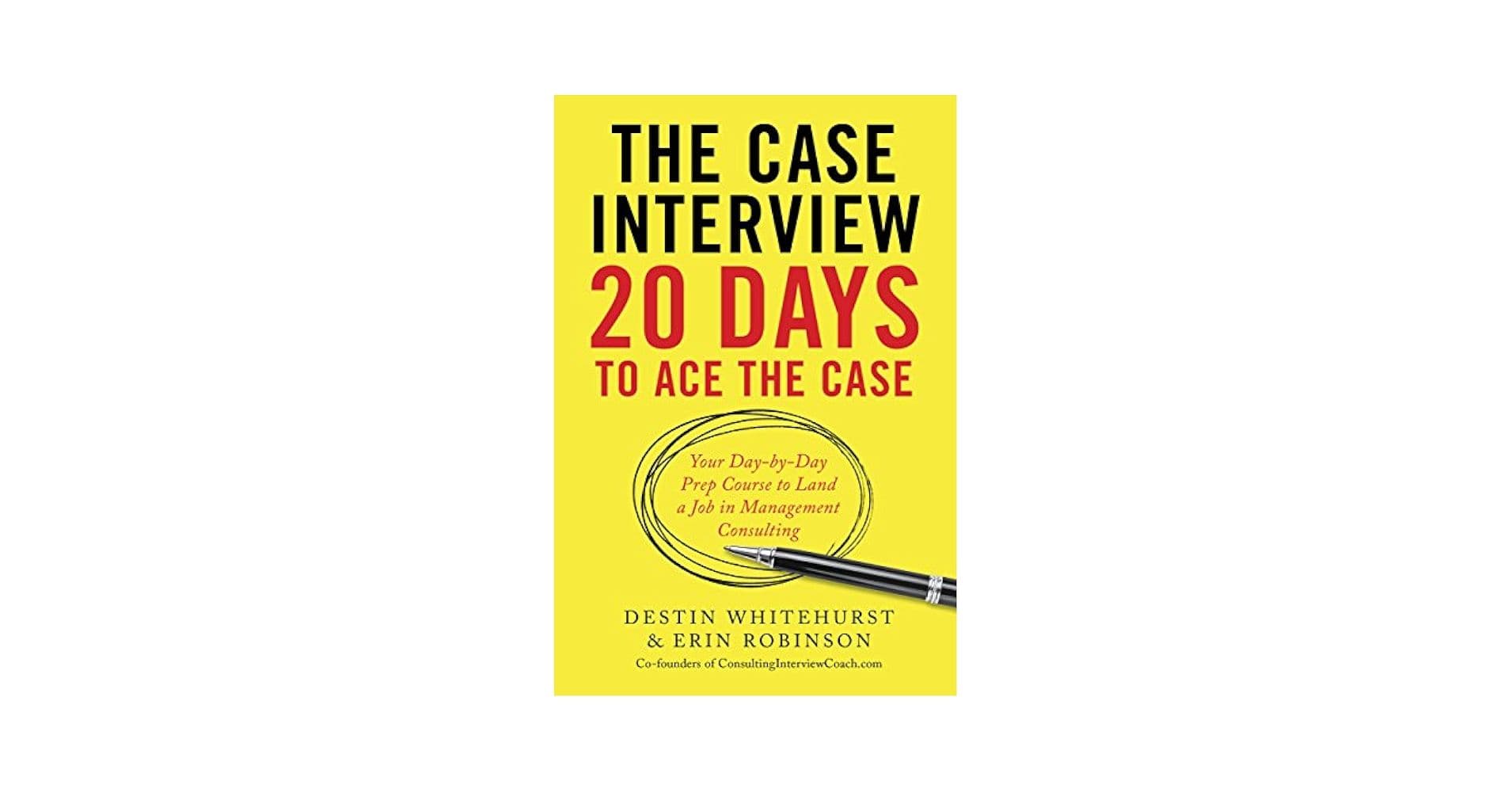
Top Case Interview Frameworks

CaseTutor Team
Why Frameworks Matter in Case Interviews
Frameworks are the backbone of a successful case interview response. They’re mental models that help you structure ambiguity—breaking down complex problems into logical, manageable parts. They not only help you solve cases more effectively but also signal to the interviewer that you think like a consultant.
According to Management Consulted, “Frameworks are not templates—they are custom tools you use to structure your thinking. The best candidates flex them, not force them.”
Effective frameworks are:
- •MECE (Mutually Exclusive, Collectively Exhaustive)
- •Tailored to the specific case prompt
- •Adaptable as the case evolves
This chapter covers three of the most commonly used frameworks: MECE, Profitability, and Market Entry.
Understanding MECE: The Foundation of All Frameworks
MECE stands for Mutually Exclusive, Collectively Exhaustive. It’s a structured way of organizing ideas to ensure no overlap and no gaps—making it the gold standard for problem-solving in consulting.
As McKinsey Insights explains, “We look for MECE thinking because it mirrors the way our teams break down problems for real clients.”
Example of MECE:
Why are profits declining at a grocery store chain?
- •Revenue Issues:
- •Decrease in customer volume
- •Drop in average transaction size
- •Cost Issues:
- •Rising supply chain costs
- •Increased labor expenses
- •Store-level inefficiencies
Tips for using MECE:
- •Begin with a top-down breakdown before diving into details.
- •Use natural business categories (costs, customers, operations).
- •Customize frameworks—avoid forcing generic structures.
Profitability Framework
Profitability cases are extremely common. You’ll likely be asked to analyze declining profits, suggest margin improvements, or evaluate cost reductions.
Structure of the Profitability Framework:
- •Profits = Revenue – Costs
- •Revenue = Price × Quantity
- •Costs = Fixed Costs + Variable Costs
Example Analysis:
A fast-food chain’s profits are down.
- •Revenue:
- •Fewer customers?
- •Lower prices or increased discounts?
- •Seasonal declines?
- •Costs:
- •Rising food prices?
- •Increased labor costs?
- •Operational inefficiencies?
When to use:
- •Declining margins
- •Turnaround strategies
- •Cost optimization
Bonus Tip:
Always integrate provided data into your analysis to test hypotheses effectively.
Market Entry Framework
Market entry cases assess your strategic thinking, risk analysis, and understanding of go-to-market strategies. Clients may be entering new markets, launching new products, or targeting new customer segments.
Key areas to explore:
Market Attractiveness:
- •Market size, growth, trends
- •Competitive landscape
Entry Feasibility:
- •Company capabilities
- •Costs and barriers to entry
- •Legal and regulatory environment
Strategic Fit:
- •Alignment with long-term vision
- •Leverage existing assets
Financial Implications:
- •ROI and investment required
- •Payback period
Sample Case Prompt:
A global coffee chain considering entering the Indian market.
Your analysis could involve:
- •Coffee market growth in India
- •Local competition dynamics
- •Adaptation to local preferences
- •Investment and resource requirements
Customizing Frameworks Like a Pro
Consultants rarely rely on rigid templates—they customize each framework to the specific context of the case.
BCG advises: “Use structured thinking—but also apply creativity and flexibility to each problem.”
Advanced customization tips:
- •Utilize industry-specific language
- •Consider unconventional factors (customer behavior, digital channels, ESG)
- •Remain adaptable as new data emerges
Common Mistakes to Avoid
- •Using memorized frameworks blindly
- •Failing to clarify the problem before structuring
- •Not adapting your framework based on new insights
- •Neglecting financial analysis or synthesis steps
Proper preparation and framework mastery are crucial for performing confidently and successfully in your case interviews.

